Our top tabs Jeff Bezos plans to fly to space a few weeks after he steps down as CEO of Amazon. 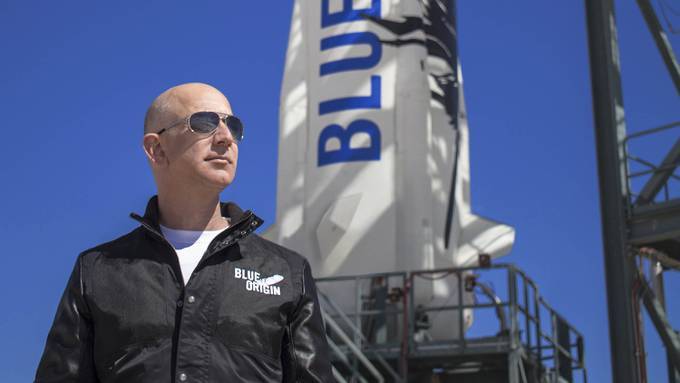 Blue Origin founder Jeff Bezos inspects New Shepard's West Texas launch facility before the rocket's maiden voyage, in West Texas. (Handout photo from Blue Origin) | Bezos, his brother, Mark, and the winner of an online auction for Blue Origin's nonprofit foundation plan to fly aboard the New Shepard on July 20, my colleague Taylor Telford reports. The flight would make Bezos the first billionaire to go to space, as Elon Musk and Richard Branson have yet to set forth on rockets from their companies. (Bezos owns The Washington Post). "Ever since I was five years old, I've dreamed of traveling to space," Bezos said in an Instagram post Monday. "On July 20th, I will take that journey with my brother. The greatest adventure, with my best friend. #Gradatim Ferociter." Graditum ferociter is Blue Origin's motto, a Latin phrase that Bezos translates to mean "step by step, ferociously." "I wasn't even expecting him to say that he was going to be on the first flight," Bezos's brother Mark said in the Instagram video. "What a remarkable opportunity, not only to have this adventure but to do it with my best friend." Apple's App Store is teeming with scams despite the company's tight controls. 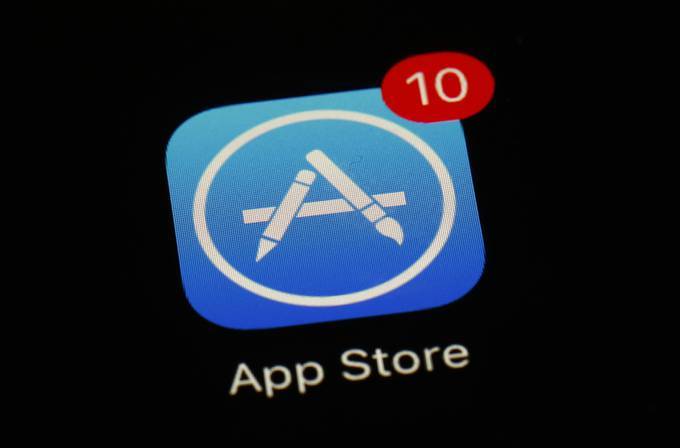 Apple has come under increasing scrutiny for its administration of the App Store. (Patrick Semansky/AP) | Nearly 2 percent of the App Store's 1,000 highest-grossing apps deploy misleading tactics or trick people into spending money, Reed Albergotti and Chris Alcantara report. Apple removed two-thirds of the 18 apps that The Post flagged to the company. But the apps made an estimated $48 million during the time they were on the App Store, according to market research firm Appfigures. Complicating matters, some experts say Apple has little incentive to change its screening process for apps because it faces little competition and consumers are locked in to the Apple ecosystem. "If consumers were to have access to alternative app stores or other methods of distributing software, Apple would be a lot more likely to take this problem more seriously," said Stan Miles, an economics professor at Thompson Rivers University in British Columbia, Canada. Apple spokesman Fred Sainz defended the App Store in a statement. "We hold developers to high standards to keep the App Store a safe and trusted place for customers to download software, and we will always take action against apps that pose a harm to users," Sainz said. "Apple leads the industry with practices that put the safety of our customers first, and we'll continue learning, evolving our practices and investing the necessary resources to make sure customers are presented with the very best experience." Ordinary people are feeling the impacts of ransomware hacks. 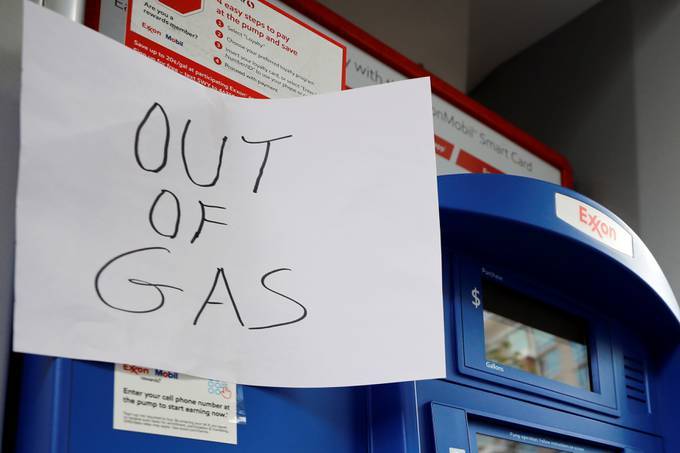 The effects of the hacks have affected Americans' wallets. (Yuri Gripas/Reuters) | After years of warnings by experts, the impact of recent hacks have made their risk more visible, Heather Kelly reports. The hacks have led to gas shortages, concerns about higher meat prices and missed hospital appointments, among other issues. "Now you've got ransomware affecting whole corporate networks, interrupting critical national function, causing disruption in people's lives. It's really become a national security, public health and safety threat," said Michael Daniel, president and CEO of the nonprofit group Cyber Threat Alliance. The money at stake in the attacks has grown alongside their sophistication. But hackers' techniques for infecting computers have largely stayed the same, Heather writes, with hackers locking down systems after gaining access through "phishing" emails. U.S. immigration authorities launched an app to collect sensitive biometric data from asylum seekers. 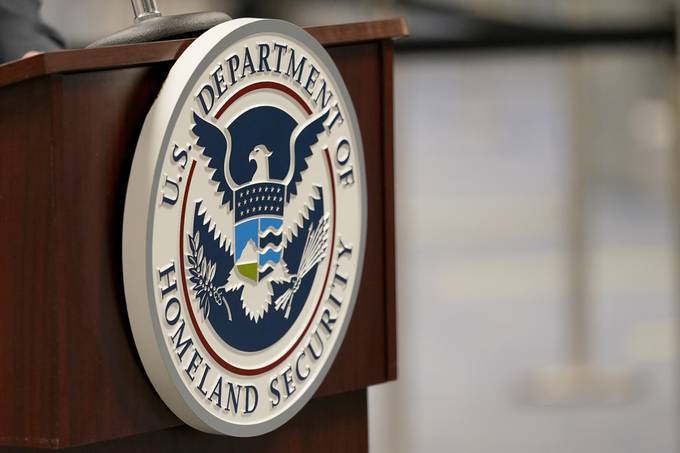 DHS documents say the app, which collects biometric information, is essential. (Lynne Sladky/AP) | Department of Homeland Security privacy assessments describe the app, CBP One, as necessary because border officials can't "process all individuals at once," the Los Angeles Times's Molly O'Toole reports. But experts say that the app's data collection raises concerns about surveillance of vulnerable migrants who have little choice but to consent. "CBP's use of face recognition poses enormous risks to privacy and is another step down a dangerous path," said Ashley Gorski, a senior attorney at the ACLU National Security Project. "Whenever the government acquires a person's faceprint, it creates a risk of persistent surveillance, where the government could identify and track people's movements without their knowledge." DHS declined to comment. | 


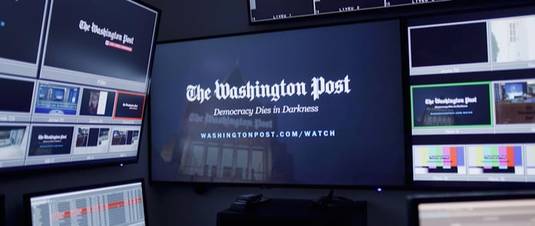






No comments:
Post a Comment